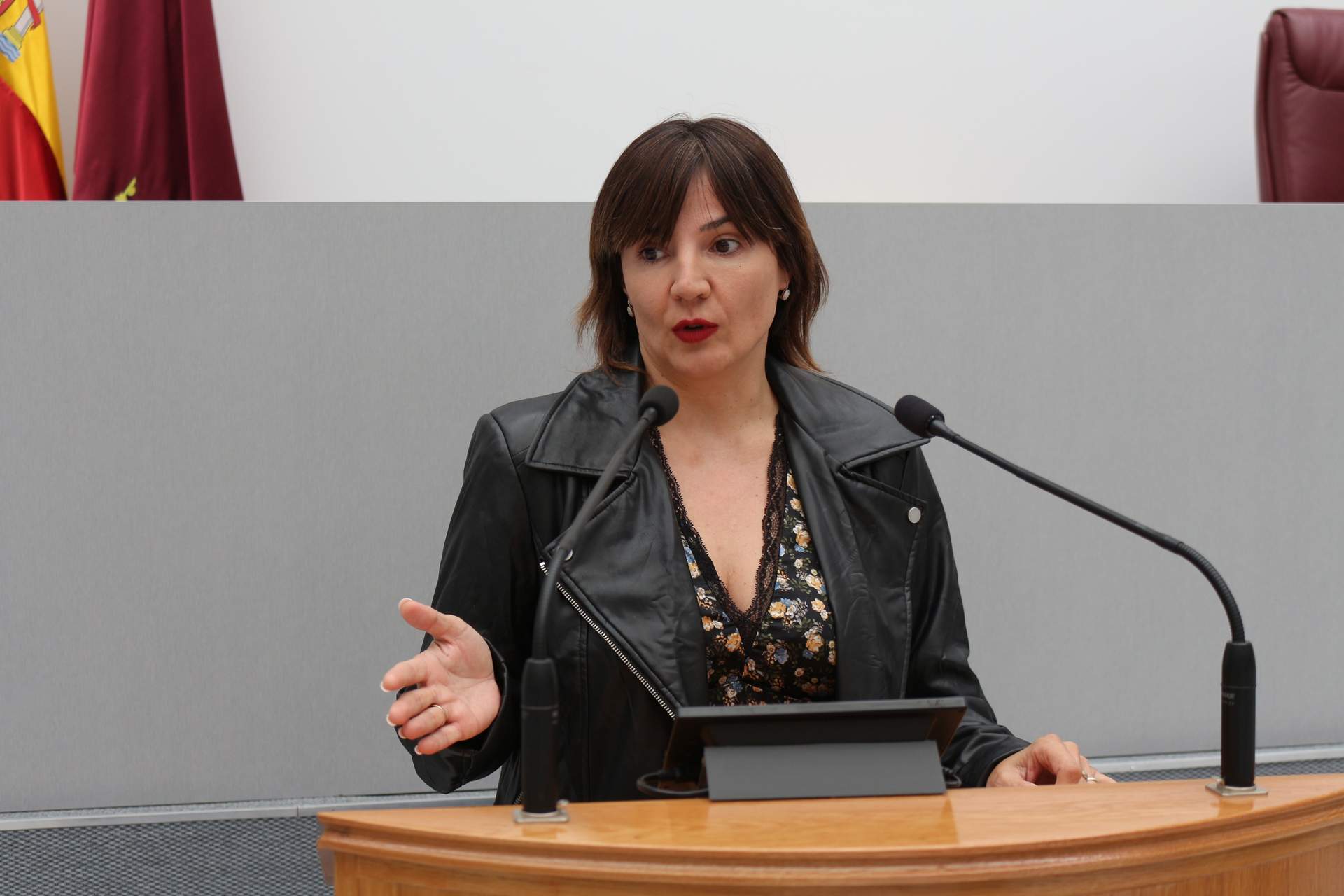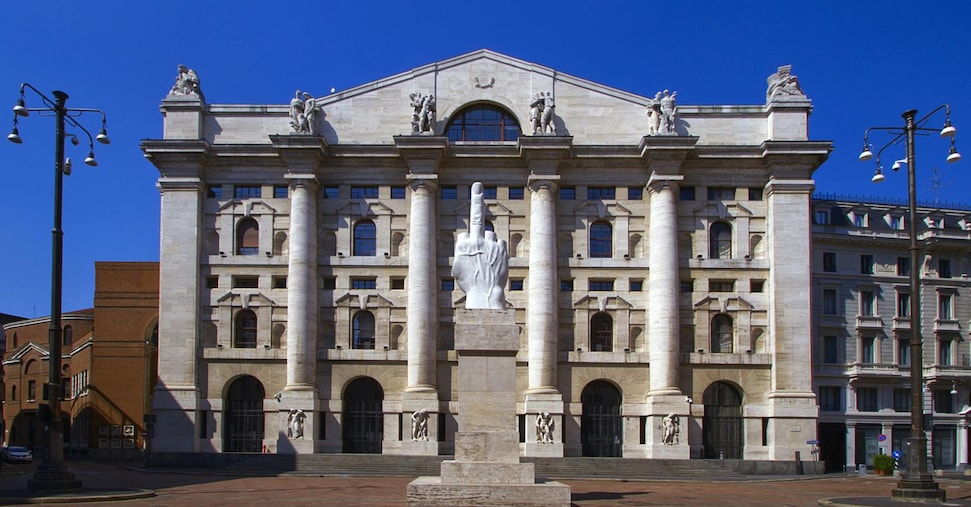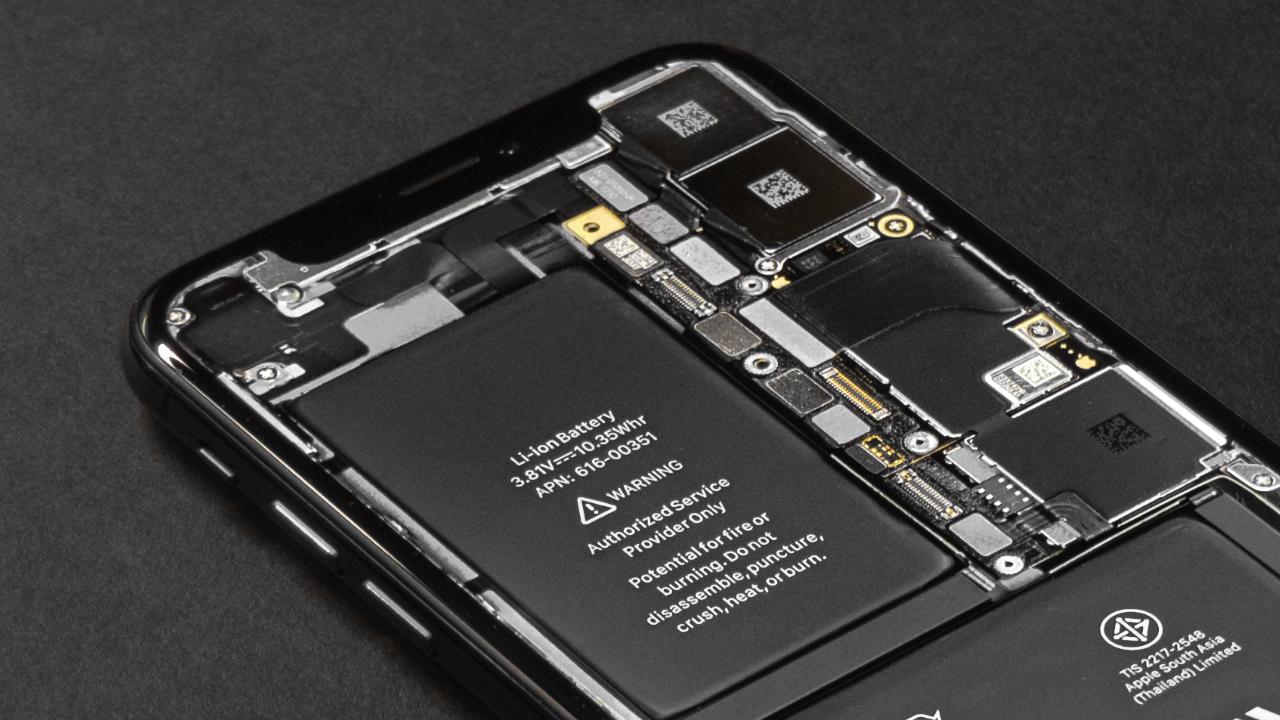#Solar #panels #lucrative #provide #free #electricity #years
Berlinda van DamZonnepanelen on new construction in Zaanse
Sunny summers were always extra good news for solar panel owners. In addition to compensating for their own power consumption, they could sell the surplus power to the energy supplier.
That changes now. More and more energy companies are charging costs for supplying electricity, much to the dismay of customers with solar panels. But: the panels remain quite lucrative.
Because panels have become so cheap, the netting scheme is actually no longer necessary.
Mathijs Bouman, economist
To motivate people to get solar panels, the government once introduced the netting scheme. Netting means that the electricity that solar panel owners supply to the grid can be deducted from the electricity they purchase. A roof full of solar panels was often quickly recouped in this way.
Energy companies are responsible for the scheme. In the summer they receive a lot of electricity, but they earn little from it. In winter they have to supply a lot of electricity for free to solar panel owners.
The companies can decide for themselves how to settle these extra costs. Previously they did this by making all customers pay. People without solar panels, who often have less to spend anyway, therefore paid for people with solar panels. Van der Ende: “More and more energy companies are saying: that is unfair.”
Power grid unnecessarily burdened
Economist Mathijs Bouman speaks of “over-subsidization”. “The scheme was mainly intended to develop the solar panel market. But because panels have become so cheap, this subsidy is actually no longer necessary.”
Another disadvantage of netting: solar panel owners have no financial incentive to use a lot of electricity when there is a lot of sun. “The power grid is therefore unnecessarily burdened,” says Bouman.
The cabinet therefore wanted to gradually abolish the netting rules from 2025, but the Senate stopped that. As a result, energy companies are left with the costs of netting. To ensure that customers without solar panels no longer have to pay for them more and more energy companies return costs will be charged. The costs and rules vary considerably per energy company. “That is quite confusing,” says Van der Ende.
For some homeowners, the return costs are devastating:
‘I feel cheated’
At the same time, Van der Ende emphasizes that solar panels are still very lucrative. Milieu Centraal calculated that people will recoup their solar panels with feed-in costs in about eight years. Without return costs, that was five years. “Now that difference is quite big, but that doesn’t actually mean much. Because those panels have been on your roof for 25 years, so you still have free electricity for seventeen years.”
“Moreover, you are not dependent on a fickle energy market. You generate your own green energy and that is good for the climate and your wallet.”
Home battery
Solar panels would be even more profitable if all the energy generated could be used by the owners. Large batteries to store excess solar power are still expensive, but the feed-in costs are one additional financial incentive. Bouman: “Home batteries become more profitable as the feed-in costs increase.”
In any case, solar panels remain a good investment, says Van den Ende. People who already have panels pay a few tens of euros more every month than they expected when purchasing. Unfair, some think. Van der Ende: “It is advisable to take a closer look at which energy company you are with, because the differences are quite large.”
The Netherlands has relatively the most solar panel owners. But China is the main driver of the growth of solar power:


:quality(85)/cloudfront-us-east-1.images.arcpublishing.com/infobae/S7FESWJ6NVF3TMZ3NCYVICAQL4.jpg)






